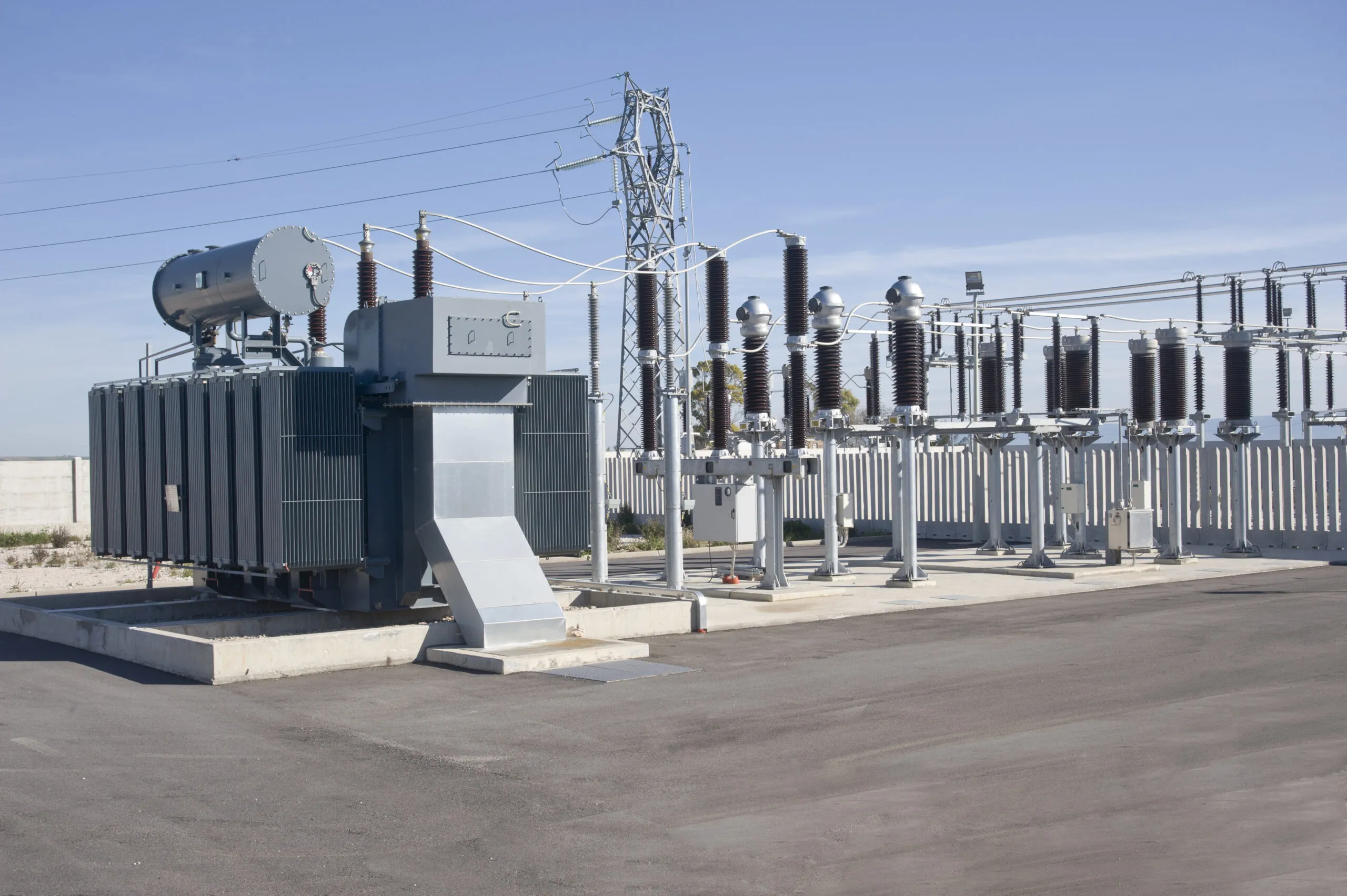

By the end of this course delegates will be able to:
This training course is suitable to a wide range of professionals but will greatly benefit for:
This interactive training course includes the following training methodologies as a percentage of the total tuition hours:
Module One:
Module Two:
Module Three:
Module Four:
Module Five:
CDGA attendance certificate will be issued to all attendees completing a minimum of 80% of the total course duration.
| Code | Date | Venue | Fees | Register |
|---|---|---|---|---|
| EE222-02 | 26-04-2026 | Dubai | USD 5450 | |
| EE222-03 | 26-07-2026 | Muscat | USD 5450 | |
| EE222-04 | 25-10-2026 | Amman | USD 5450 |
Providing services with a high quality that are satisfying the requirements
Appling the specifications and legalizations to ensure the quality of service.
Best utilization of resources for continually improving the business activities.
CDGA keen to selects highly technical instructors based on professional field experience
Since CDGA was established, it considered a training partner for world class oil & gas institution
3012, Block 3, 30 Euro Business Park, Little Island, Co. Cork, T45 V220, Ireland
Mon to Fri 09:00 AM to 06:00 PM
Contact Us anytime!
Request Info